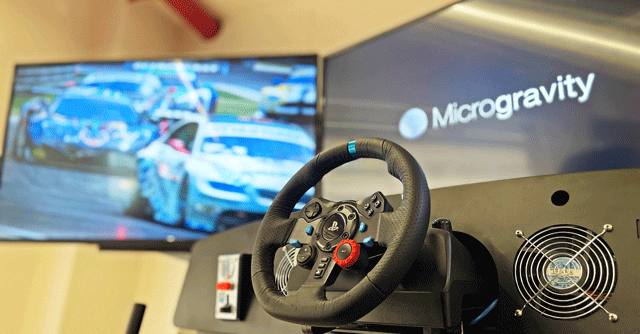
Indian gaming startup roped in by London mayor’s office to setup gaming hub

Homegrown gaming startup Microgravity has been appointed by the Mayor’s Office of London to set up an augmented and virtual reality (AR/VR) gaming arena in the city.
The deal is expected to be finalised in the next fortnight, Rahul Bhattacharya, managing director of Microgravity, said in a recent interaction.
“We have received an expression of interest from a London-based fund to set up a gaming hub similar to our offering in Gurugram, Haryana — in London. We are raising £1.5 million with a London-based real estate investment trust (REIT) for this project.”
“The business and economy wing of the London mayor's office contacted us, and appointed London & Partners to help us find the right location and funds for setting up the facility," Microgravity’s Bhattacharya, elaborated.
London & Partners is a non-profit, public-private partnership (PPP) company that was set up by erstwhile London mayor Boris Johnson in 2011, and works to strike promotional partnerships to drive jobs and economic growth in the city.
Bhattacharya said work on the facility will start in January 2022 itself, and the facility should become operational in London by July 2022.
Microgravity offers physical AR/VR gaming arenas, and has an outlet in Gurugram showcasing the same. It is, however, not the only one. Australian upstart Zero Latency VR operates an AR/VR gaming hub of the same name in Mumbai suburbs, offering a VR shootout arena where up to eight players can play simultaneously — among other games. Zero Latency operates in Mumbai through a partnership with Indian entrepreneur Parineeta Rajgarhia.

To be sure, decade-old Indian gaming centre, Smaaash, has also pivoted to offer some elements of AR/VR experiences in its centres spread across India.
The AR/VR gaming sector is expected to grow in the coming years, though India presently offers a fairly limited palate for consumers to try out. In an interview with Outlook Business, Zero Latency’s Rajgarhia claimed that revenues from the global VR gaming market stood at $12 billion in 2019. This figure, she said, could rise by 30 percent in the next five years, and Asia-Pacific would account for 40 percent of the world’s VR gaming demand.
